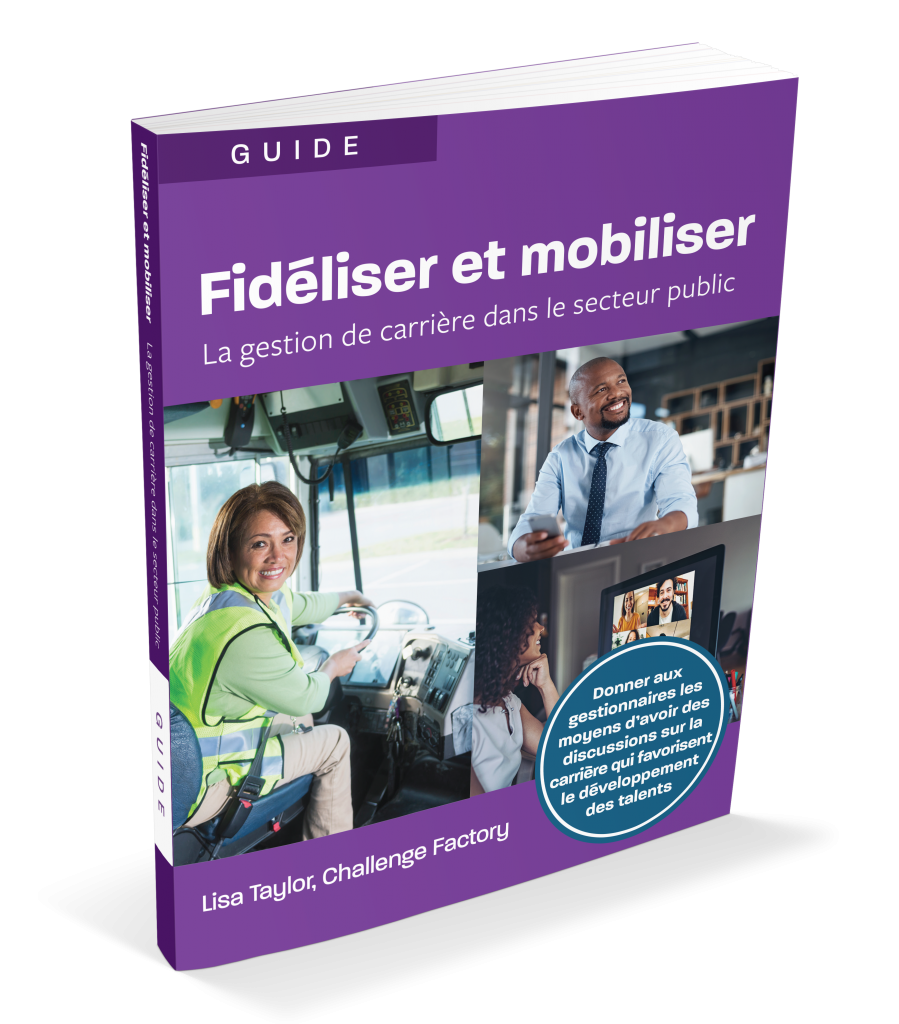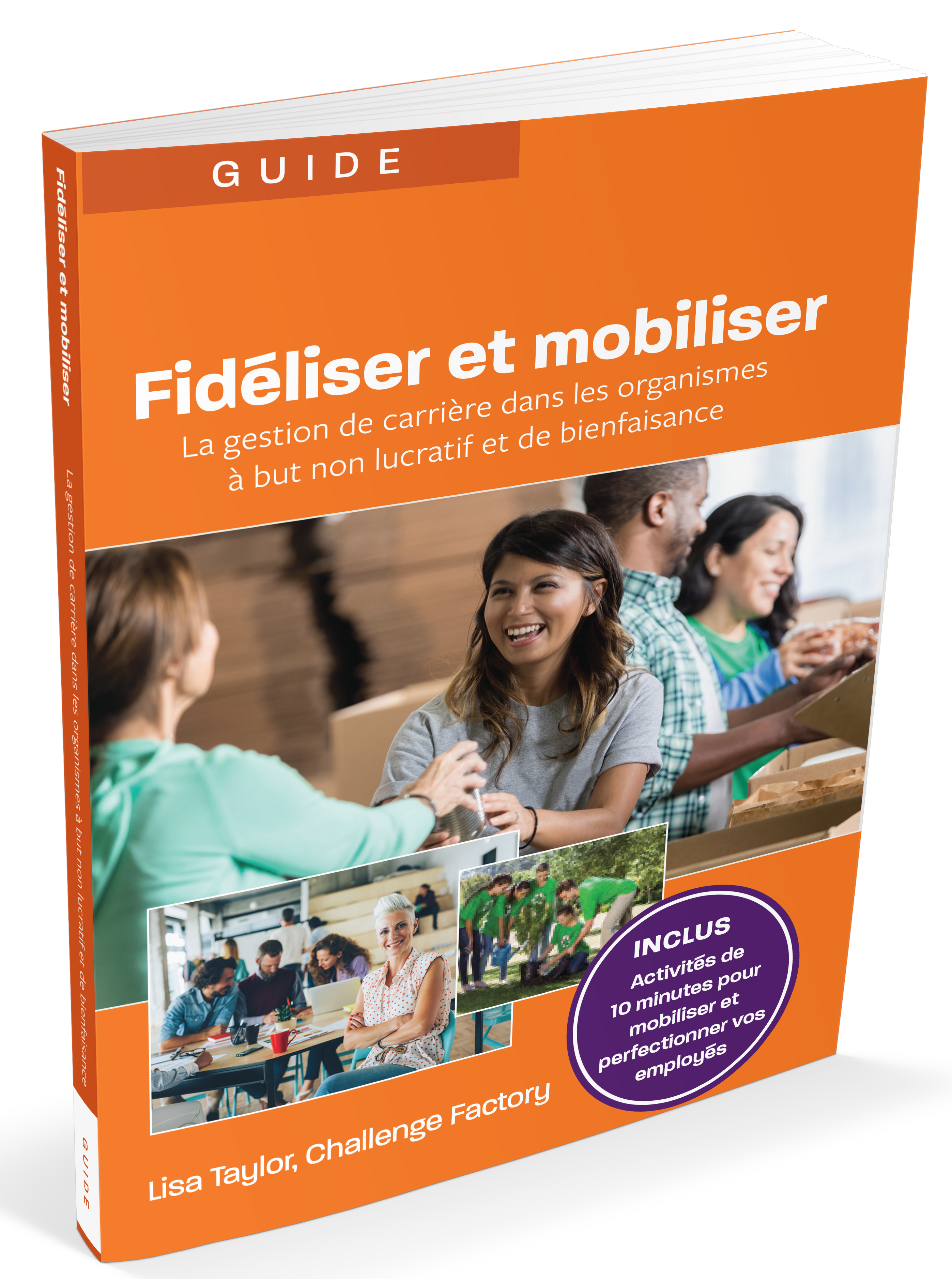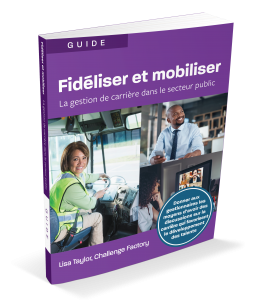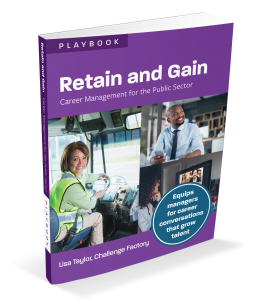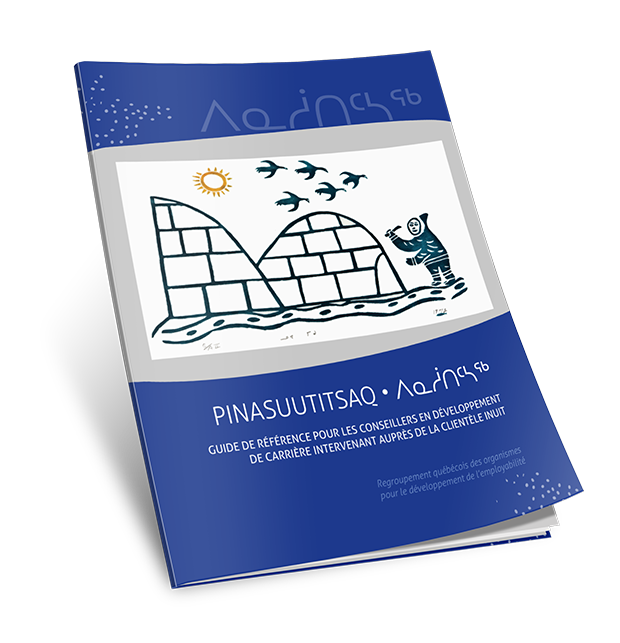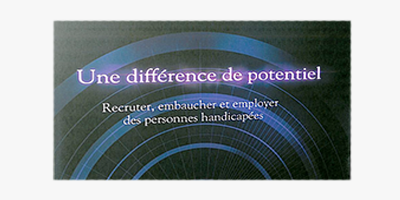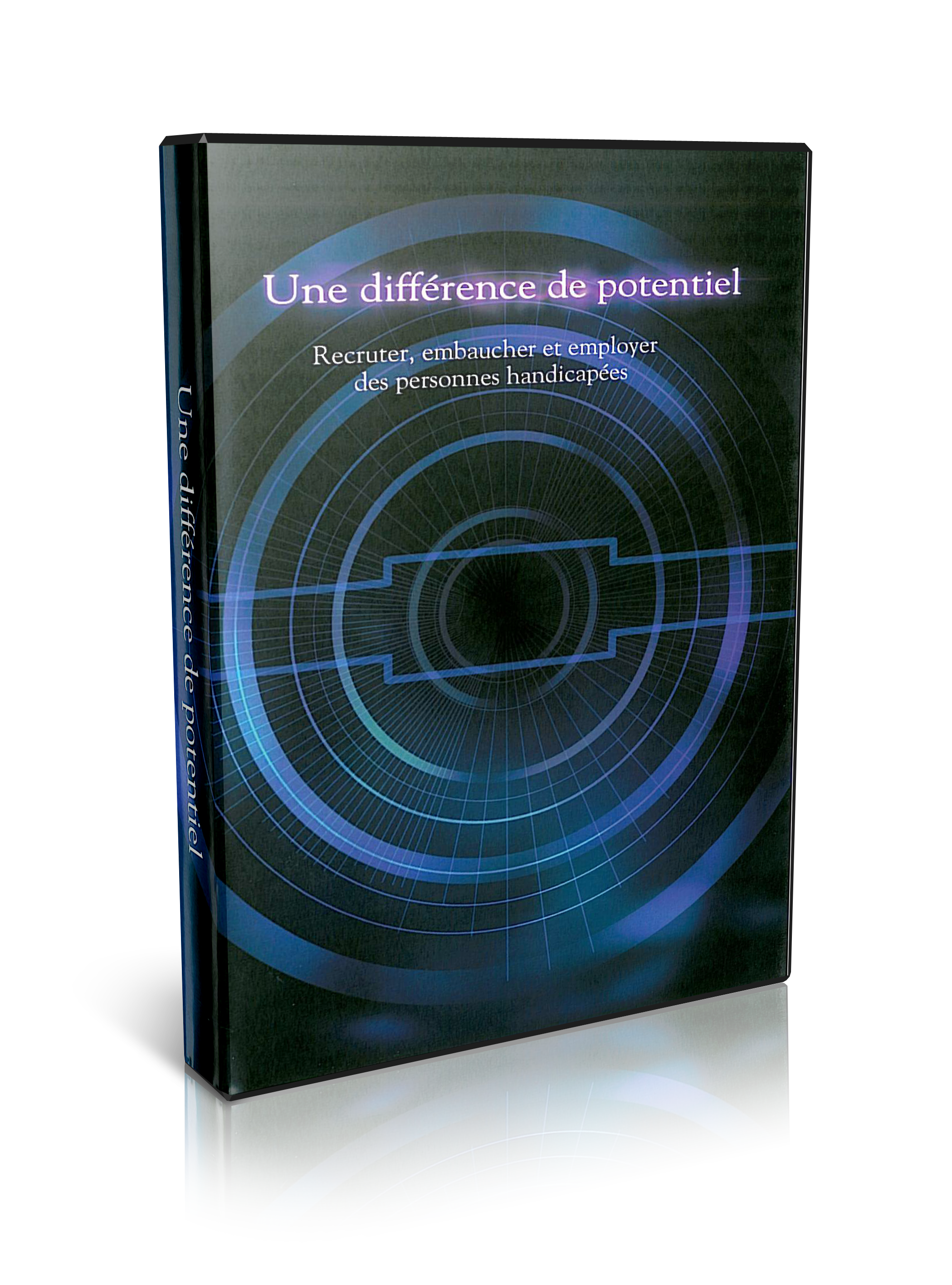Free Webinar Series (en angalis) : Career Theories and Models at Work: Oct. 25, Nov. 1 & 4, 2019 with authors Mei Tang (USA), Kimberly A.S. Howard (USA) and Tom Luken (Netherlands)
This free webinar series offer the opportunity to further explore the career theories and models compiled in CERIC’s book Career Theories and Models at Work: Ideas for Practice. Webinars are led by the contributing authors to the book. More webinars (English and French) presented by the authors of the book will be added to the series soon!
Overview
Uncertainty in the future work environment is the new norm for a majority of people in the current social and economic context. Finding an occupational fit, fostering aspiration and motivation, learning decision-making skills, and developing adaptability are all recommendations to deal with the challenge; however, if individuals’ personal and contextual factors are not adequately taken into consideration, these great ideas might fail. Without ecological validity in career interventions, we are unable to help people achieve their optimal potential. The goal of ecological counselling is to help clients find concordance, or positive accommodation between themselves and their environment in all of their life aspects.
Why You Should Attend
Webinar Learnings:
- Broaden understanding of interaction of individuals and ecosystem including family, school, work setting, and socioeconomic and cultural context
- Use ecological assessment to sort out resources and barriers for clients at each level of the ecological system
- Identify personally meaningful and ecologically valid goals for individual career development through clarification of role and life purpose
- Optimize person-environment dynamic development by integrating roles, needs, resources and barriers in each layer of their ecosystem
- Facilitate empowerment and resilience-building of clients through a collaborative process with clients

Mei Tang, PhD, LPC, Professor, Counselling Program at the University of Cincinnati, US. She has served in various roles in professional organizations for counselling and career development for over 20 years. Her teaching and research focus includes multicultural issues in counselling, career development of minorities, cultural identity and acculturation, counsellor education and supervision, assessment and evaluation, and application of ecological counselling.
Mei Tang is also one of the authors of the Career Theories and Models at Work: Ideas for Practice book, Chapter 38 – Ecological Career Counselling Model: Enhancing Accordance of Person and Environment for a Meaningful Life.
Overview
The most effective learning activities are those designed with the development level of the learner in mind. It is expected that education curricula in academic subject areas, such as math, reading and science, are created and implemented in such a way that they are well matched to the cognitive abilities of the students in the classroom. The same principle should be applied to the area of career development. The Conceptions of Career Choice and Attainment (CCCA) model provides a six-level framework from which we can understand the way children reason about career-related processes, and how this reasoning changes over time.
Why You Should Attend
Webinar Learnings:
- The importance of considering cognitive developmental level when designing career education programs for children and youth
- The key features of the CCCA model
- The nature of career reasoning demonstrated by students in each of the 6 CCCA levels
- How to align their career programming to meet students’ career development needs

Kimberly A.S. Howard, is an Associate Professor at Boston University, where she serves as training director of the Counseling Psychology PhD program. She is a Fellow of the American Psychological Association (APA) Society of Counseling Psychology and a member of the APA Coalition for Psychology in Schools and Education.
Kimberly A.S. Howard is also one of the authors of the Career Theories and Models at Work: Ideas for Practice book, Chapter 16 – Children’s Reasoning about Career Development: The Conceptions of Career Choice and Attainment Model
Overview
In this free webinar, Tom Luken will discuss why he thinks career theory and practice need innovation and why Acceptance and Commitment Therapy (ACT) offers promising ingredients for this.
Why You Should Attend
The first part of the webinar will be devoted to some conundrums in the context of career development. One concerns the need for self-direction, while developmental and brain research suggests that this is out of reach for most adolescents and many adults. Another conundrum concerns pitfalls of conscious thinking and – in many instances – a superiority of “unconscious thinking.” It will be concluded that many traditional career guidance theories and practices are based on assumptions that are increasingly losing credibility.
In the second part of the webinar, some basic ACT views, processes and instruments will be discussed. The contents will be illustrated by some practical exercises and experiences, derived from a toolkit, developed by Tom and Albert de Folter.
Webinar Learnings:
- Reflection on some fundamental problems in career theory and practice
- A new understanding of “self-direction”
- Knowing the basics of Acceptance and Commitment Therapy (ACT)
- Ideas for innovating career theory and practice
- Stimulation of finding one’s own ways to apply these ideas

Tom Luken, is a work and organizational psychologist, based in the Netherlands, with a lifelong focus on career development. He has worked as a counsellor, trainer, researcher, professor and editor-in-chief. Now retired, he is focusing on some fundamental questions concerning career development.
Tom Luken is also one of the authors of Career Theories and Models at Work: Ideas for Practice book, Chapter 19 – Acceptance and Commitment Therapy Fuels Innovation of Career Counselling.
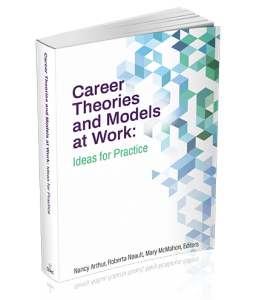 Career Theories and Models at Work: Ideas for Practice
Career Theories and Models at Work: Ideas for Practice
CERIC’s book Career Theories and Models at Work: Ideas for Practice is an international collection of contemporary and emerging career development theories and models that aims to inform the practice of career development professionals around the globe. It is also intended to be used as a text for undergraduate and graduate career counselling courses.
- Contains 43 chapters on the theories and models that define the practice of career development today
- Contributors are 60 of the leading career researchers and practitioners from four continents and nine countries: Australia, Canada, England, Finland, India, the Netherlands, New Zealand, South Africa and the United States
- Featured authors include the original theorists and those who have adapted the work in unique ways to inform career development practice
-

 Jon Woodend, PhD is a Lecturer in the Master of Guidance and Counselling and Career Development programs at James Cook University in Australia. Jon has worked with secondary and post-secondary students for career, personal and academic counselling. His research interests include international career transitions for newcomers including international students and immigrants. Jon previously lectured at the University of Calgary, where he completed his doctoral studies with Dr Nancy Arthur. Jon is also one of the authors of the Career Theories and Models at Work: Ideas for Practice book (Chapter 43: The Theory of Work Adjustment: Seeking and Maintaining Satisfaction and Satisfactoriness).
Jon Woodend, PhD is a Lecturer in the Master of Guidance and Counselling and Career Development programs at James Cook University in Australia. Jon has worked with secondary and post-secondary students for career, personal and academic counselling. His research interests include international career transitions for newcomers including international students and immigrants. Jon previously lectured at the University of Calgary, where he completed his doctoral studies with Dr Nancy Arthur. Jon is also one of the authors of the Career Theories and Models at Work: Ideas for Practice book (Chapter 43: The Theory of Work Adjustment: Seeking and Maintaining Satisfaction and Satisfactoriness). Louis Cournoyer is a research professor in career counselling and development at Université du Québec à Montréal. As a career counsellor and clinical supervisor, he also has a professional practice serving youths and adults in career transition situations. His research interests are decision-making and transitional processes, professional practices in career counselling and development, as well as the impact of social relations. Louis Cournoyer is also a co-author of the book Career Theories and Models at Work: Ideas for Practice (Chapter 10: Decision-Action Model: Overview and Application to Career Development).
Louis Cournoyer is a research professor in career counselling and development at Université du Québec à Montréal. As a career counsellor and clinical supervisor, he also has a professional practice serving youths and adults in career transition situations. His research interests are decision-making and transitional processes, professional practices in career counselling and development, as well as the impact of social relations. Louis Cournoyer is also a co-author of the book Career Theories and Models at Work: Ideas for Practice (Chapter 10: Decision-Action Model: Overview and Application to Career Development).
 David L. Blustein is a Professor of Counseling Psychology at Boston College. In addition to authoring The Psychology of Working: A New Perspective for Career Development, Counseling, and Public Policy and The Importance of Work in an Age of Uncertainty, David has written many other articles and book chapters on work, career development, social justice, poverty, and cultural issues. David is also one of the authors of the Career Theories and Models at Work: Ideas for Practice book (Chapter 7: The Psychology of Working Theory: A Transformative Approach to Work and Career).
David L. Blustein is a Professor of Counseling Psychology at Boston College. In addition to authoring The Psychology of Working: A New Perspective for Career Development, Counseling, and Public Policy and The Importance of Work in an Age of Uncertainty, David has written many other articles and book chapters on work, career development, social justice, poverty, and cultural issues. David is also one of the authors of the Career Theories and Models at Work: Ideas for Practice book (Chapter 7: The Psychology of Working Theory: A Transformative Approach to Work and Career). Dr Jim Bright is Professor of Career Education and Development at Australian Catholic University. Based in Sydney, Australia, he is a practicing psychologist, who works with clients in medico-legal matters such as motor vehicle accidents and workplace injuries, as well as coaching elite sports people and executives. He is a past Cannexus keynoter. Jim Bright is also one of the authors of the Career Theories and Models at Work: Ideas for Practice book (Chapter 33 – Chaos Theory for Career Counsellors).
Dr Jim Bright is Professor of Career Education and Development at Australian Catholic University. Based in Sydney, Australia, he is a practicing psychologist, who works with clients in medico-legal matters such as motor vehicle accidents and workplace injuries, as well as coaching elite sports people and executives. He is a past Cannexus keynoter. Jim Bright is also one of the authors of the Career Theories and Models at Work: Ideas for Practice book (Chapter 33 – Chaos Theory for Career Counsellors). Dr Roberta Borgen (Neault), President of Life Strategies Ltd., Adjunct Professor at the University of British Columbia, and Project Director for the Canadian Career Development Foundation (CCDF), is co-developer of the Career Engagement model, and has extensive experience as an educator and counsellor supporting individuals and organizations with transitions, engagement and strategies to maximize their success.
Dr Roberta Borgen (Neault), President of Life Strategies Ltd., Adjunct Professor at the University of British Columbia, and Project Director for the Canadian Career Development Foundation (CCDF), is co-developer of the Career Engagement model, and has extensive experience as an educator and counsellor supporting individuals and organizations with transitions, engagement and strategies to maximize their success. Dr Deirdre Pickerell, CPHR, GCDF-I, Vice President of Life Strategies Ltd. and Dean of Student Success at Yorkville University/Toronto Film School, is an award-winning career professional with 25 years of experience and co-author of the Career Engagement model. Her doctoral research focused on career engagement among Canadian career development practitioners.
Dr Deirdre Pickerell, CPHR, GCDF-I, Vice President of Life Strategies Ltd. and Dean of Student Success at Yorkville University/Toronto Film School, is an award-winning career professional with 25 years of experience and co-author of the Career Engagement model. Her doctoral research focused on career engagement among Canadian career development practitioners. Jodi Tingling is a Workplace and Wellness Strategist
Jodi Tingling is a Workplace and Wellness Strategist 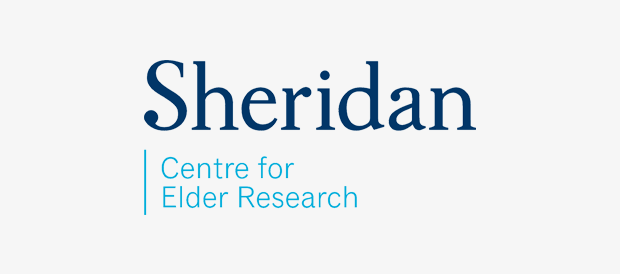
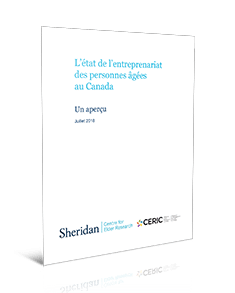
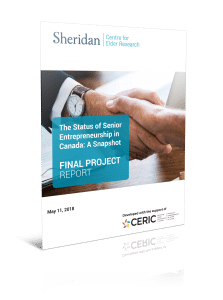
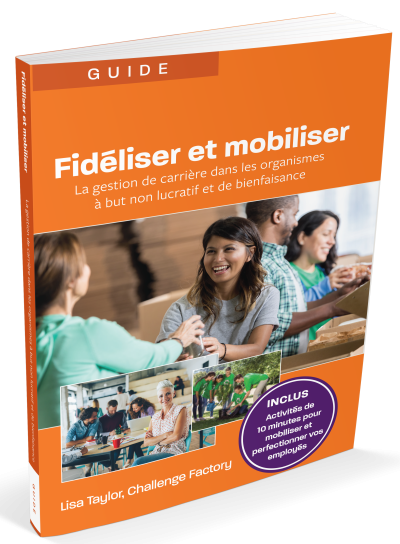
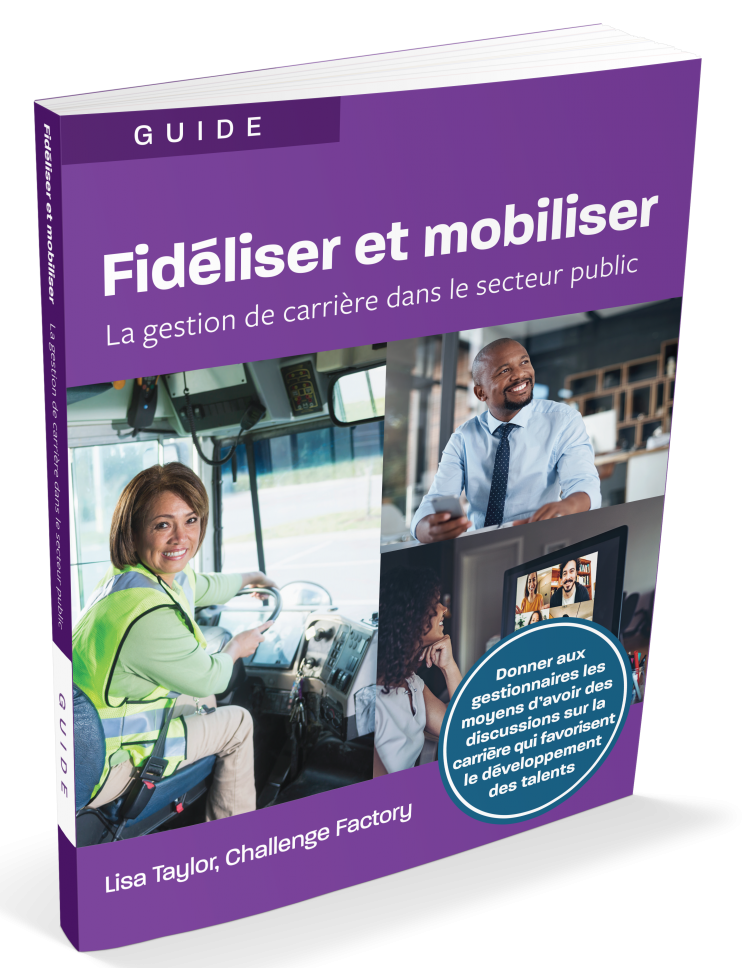
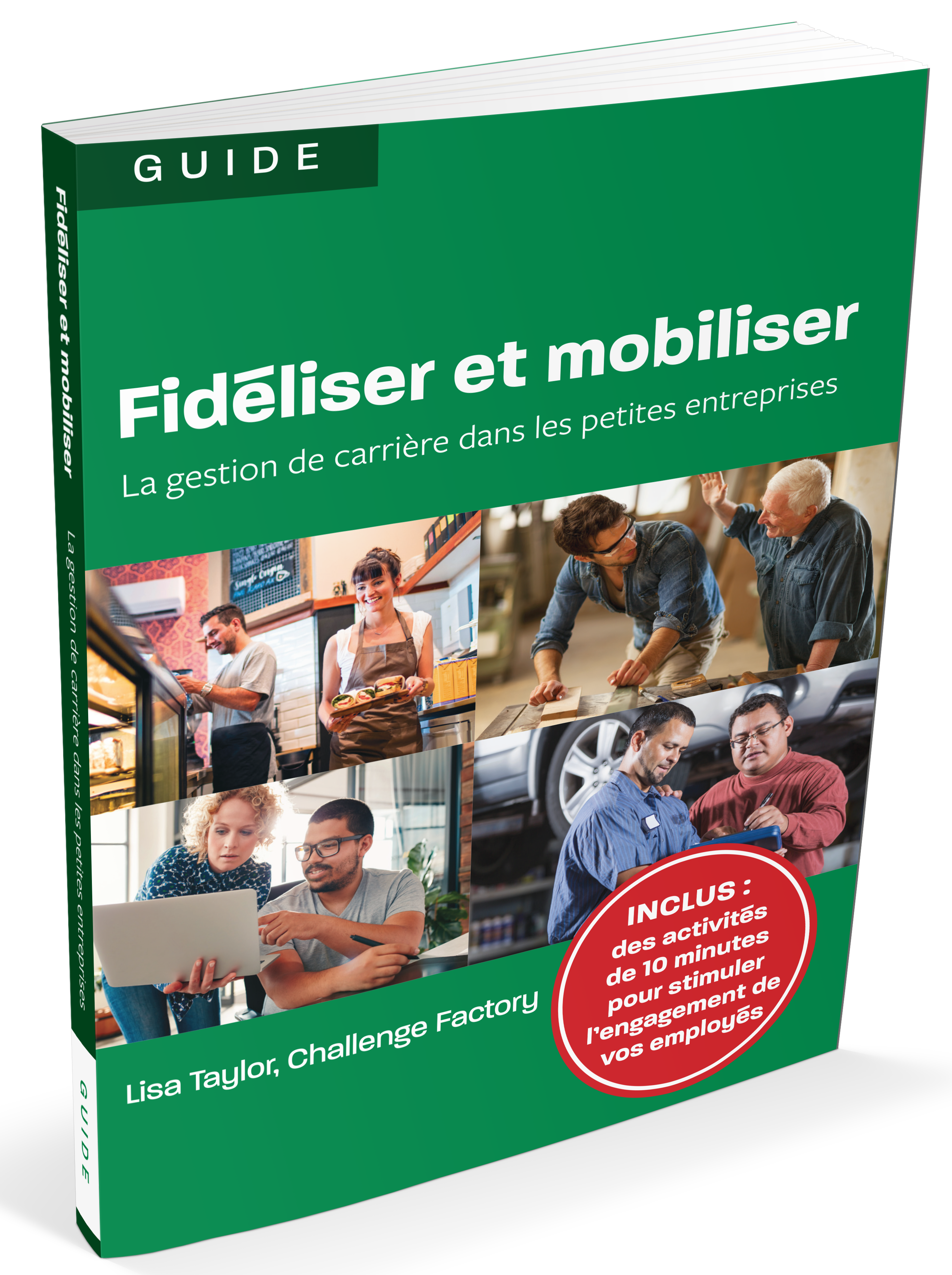
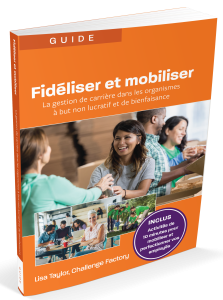
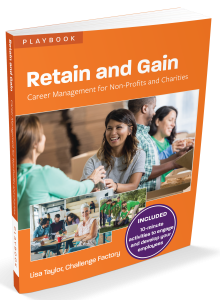
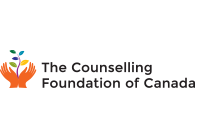
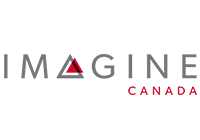
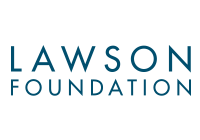
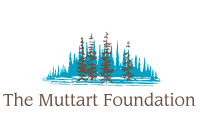

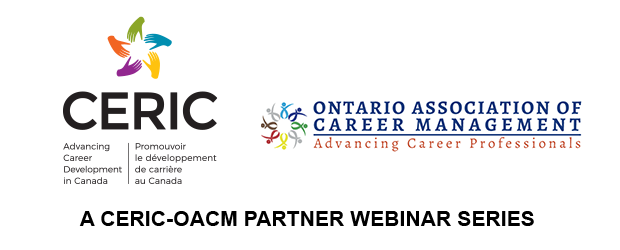
 Azumme Degun is a career development professional with expertise in immigrant career advisory, cultural intelligence, job search strategies, stakeholder engagement and diversity and inclusion advocacy. With a bachelor’s degree in economics and over 12 years of experience spanning banking, government and not-for-profit, she has an avid interest in seeing new immigrants settle into Canada. In her role as the Program Director-Career Mentorship Program with Edmonton Region Immigrant Employment Council, she leads a team that helps immigrant professionals leverage the power of mentoring in their job search while also helping managers and employers harness a global talent pool, locally.
Azumme Degun is a career development professional with expertise in immigrant career advisory, cultural intelligence, job search strategies, stakeholder engagement and diversity and inclusion advocacy. With a bachelor’s degree in economics and over 12 years of experience spanning banking, government and not-for-profit, she has an avid interest in seeing new immigrants settle into Canada. In her role as the Program Director-Career Mentorship Program with Edmonton Region Immigrant Employment Council, she leads a team that helps immigrant professionals leverage the power of mentoring in their job search while also helping managers and employers harness a global talent pool, locally.